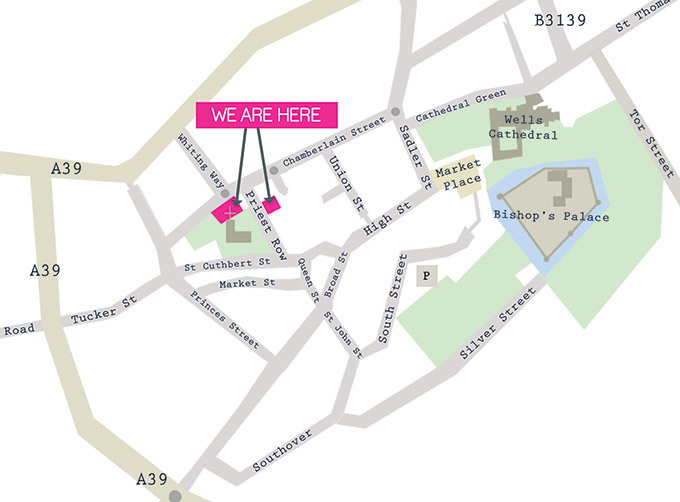News
Trustee Job description
Trustee Job Description
To assist potential applicants who are considering applying to become a Trustee of the Charity below is a description of what the role involves, the qualities we are looking for in a trustee and the time commitment involved.
Role of the Trustee
As a Trustee you will as a part of the team manage and set the strategic direction of the City of Wells Almshouses:
- By determining and reviewing the Charity’s aims, strategies and performance to ensure that they continue to meet its charitable objects and public benefit;
- By setting the appropriate culture and ‘tone’ for the Charity which is consistent with its values;
- By acting as a guardian of the Charity’s assets;
- Through the Chair, holding the Chief Executive to account for the management of the Charity;
- By ensuring that the Charity complies with all legal and regulatory requirements;
- By providing independent support, guidance and constructive challenge to the Charity;
- By acting as an ambassador for the Charity;
- By acting in the best interests of the Charity; and
- By ensuring that the CWA continues to strive for best practice for good governance.
Personal qualities/criteria
Trustees’ personal qualities should include:
- An understanding of the values and mission of the City of Wells Almshouses;
- Willingness to devote time, enthusiasm and effort to the duties and responsibilities of a trustee;
- Ability to question intelligently, think strategically, debate and dialogue constructively, challenge rigorously, bring independence of thought and decide dispassionately;
- Ability to listen sensitively to the views of others, inside and outside of the Board;
- Ability to seek and obtain full and satisfactory answers within the Board; and
- Openness to reflect and learn as a trustee.
Time commitment
Trustees are expected to attend all Board meetings. Board meetings are held on a quarterly basis at the City of Wells Almshouses in Wells, Somerset. Board meetings usually last for approximately two hours and commence at 3.30pm. Board papers are sent to trustees a week in advance of each meeting and it is estimated that Board papers will take approximately two hours to read.
In addition, an Away Day is held on an annual basis which is attended by the Board of Trustees and staff.
Currently there are three sub-committees which Trustees may also be asked to join, depending on their skills and experience, and these are:
- The Investment Sub-Committee which is attended by the Chief Executive, Finance Officer and three trustees. The Committee meets on a six weekly basis, the meetings are approximately two hours long and are held during office hours. Papers are usually sent out in advance of this meeting.
- The Management Sub-Committee which is attended by the Chief Executive, the Chair, the Vice-Chair and one other Trustee. The meetings are held on a monthly basis during office hours and normally are no longer than two hours duration
- The Land Committee which is attended by the Chief Executive , the Chair, the Vice-Chair and two other Trustees. The meetings are held during office hours and the meetings are set on an ad-hoc basis when issues related to the Charity’s land holdings require action by the Trustees.
There is currently also a Project Group which is attended by the Chief Executive and trustees who meet to discuss the future strategic direction of the CWA and instigate initiatives to raise awareness of the Almshouses.
In addition, Trustees are expected to attend and contribute to other events and fund raising activities throughout the year. For example, helping at open days in the summer and attending a carol concert.
The likely time commitment for each trustee is approximately 7 days per annum although this will depend on their involvement in committees and specific project groups.
Term of Service
All Trustees are appointed for four years.
Remuneration
There is no remuneration for this voluntary role but reasonable expenses will be reimbursed.
Diversity and Equal Opportunities
The CWA is committed to equal opportunities and believes that trusteeship should be open to all regardless of race, age, disability, gender, religion, sexual orientation or political beliefs. The acceptance of trusteeship is made on merit, the sole selection criterion being the individual’s suitability to the role.


